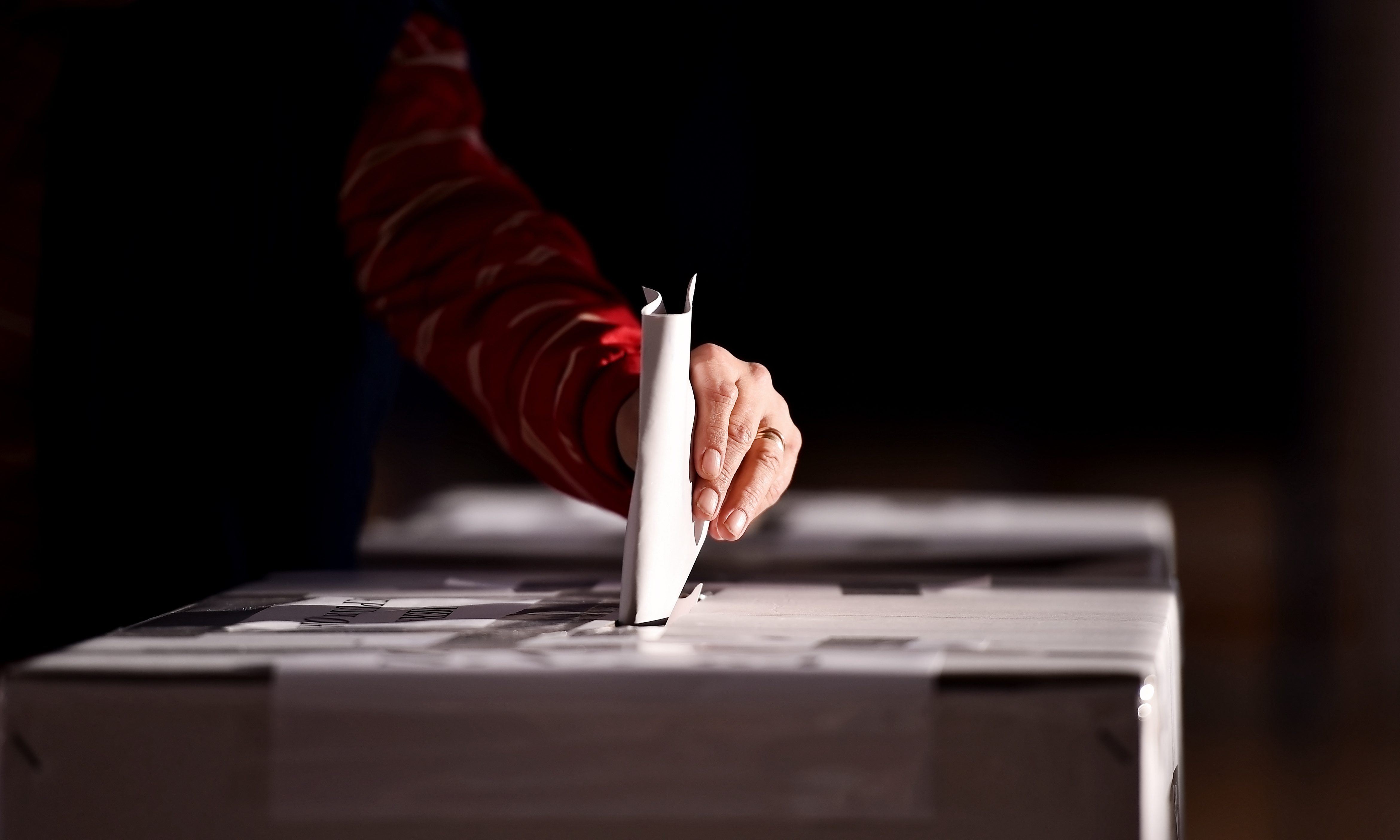Photo ID laws do not stop voter fraud.
It’s a pretty simple truth. One that is verifiable through any number of sources and studies.
Requiring voters to present a government-issued, photo ID at the polls does nothing to deter voter fraud.
That didn’t stop the president of the United State from pushing such ID laws on Tuesday. In, of course, a tweet.
“We should immediately pass Voter ID @voteridplease to insure [sic] the safety and sanctity of our voting system,” Trump tweeted. “Also, paper ballots as backup (old fashioned but true!). Thank you!”
(I think my favorite part of this is the “thank you!” at the end. It makes the whole thing read like the speech of an 8th-grader running for class president. “We should have vending machines in the halls and better wifi! Thank you!”)
It’s not exactly surprising that a guy who has done everything possible to alienate minority citizens is now pushing tactics that disproportionately impose hardships on those minorities being able to cast votes.
And voter ID laws do just that, as the Southern Poverty Law Center pointed out later on Tuesday.
“(The laws) do create barriers for Black, Latinx, low-income, and elderly voters, who are more likely than the general population to lack an acceptable form of photo identification,” wrote Nancy Abudu, the SPLC’s legal director. “Unfortunately, perpetuating the myth of voter fraud has been so successful that conservative lawmakers use it as a cudgel to undermine the Black vote, particularly in the Deep South. In order to strengthen our sacred right to vote, we must restore the Voting Rights Act to its full strength.”
It is not surprising that photo ID laws are most popular in Republican-led states, and particularly in the South. Lawmakers in many states, Alabama included, jumped at the opportunity to implement such laws in the days after portions of the Voting Rights Act were struck down a few years ago.
In Alabama’s case, it implemented a law that the Department of Justice had previously indicated it wouldn’t approve. But once the requirement that any voting changes be precleared by the DOJ was tossed out by the U.S. Supreme Court, the new ID law hit the books.
In the multiple elections since, it has stopped exactly zero attempts to steal a vote through in-person fraud. I know this to be true because that’s how many in-person voter fraud cases had occurred in Alabama in the 20-plus years prior to the ID law.
(There was actually one case, but it wouldn’t have been prevented by an ID law. In fact, the person arrested for the crime used a photo ID — her sister’s.)
Because stealing votes in that manner makes zero sense. It’s impossible to do on a large scale, and the risk is too great. That’s why the actual occurrence rate of in-person fraud, according to studies, is around .0003 percent.
But that hasn’t stopped Republicans pushing ID laws. And it didn’t stop Trump on Tuesday.
But then, why would the truth start mattering now?





















































